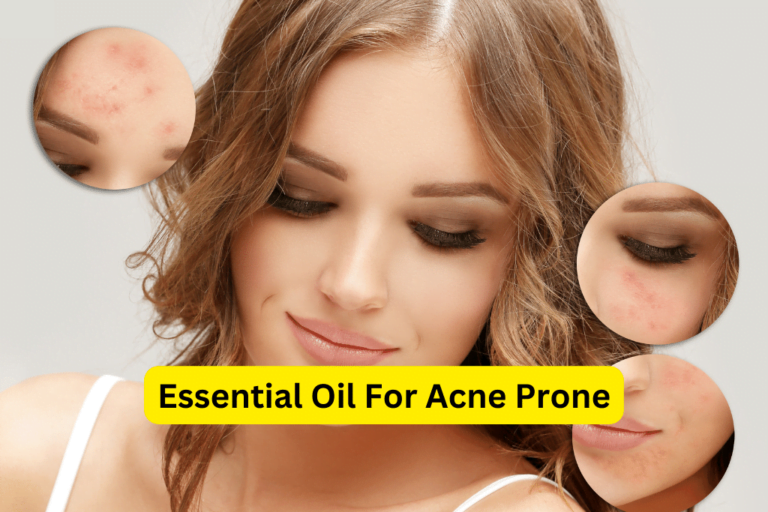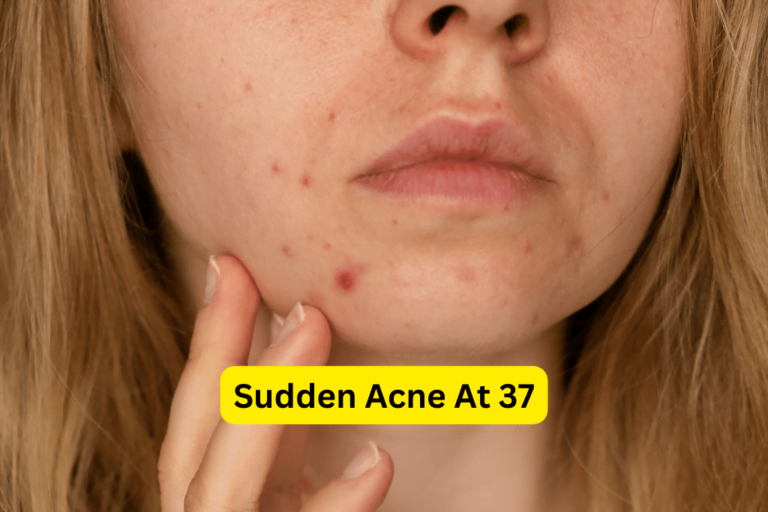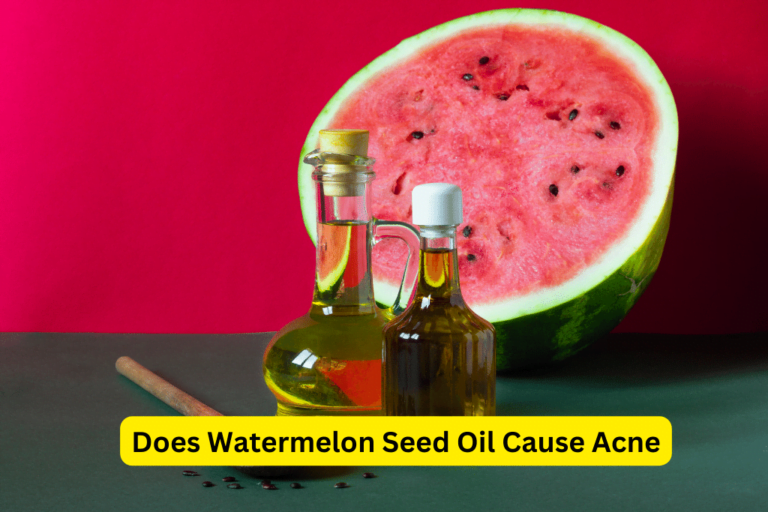Understanding the Root Causes of Acne Scar Holes
What Causes Acne Scars Holes
Acne scars holes are a common skin concern that can leave individuals feeling self-conscious and seeking ways to improve the appearance of their skin. It’s important to understand the causes of these scars in order to effectively prevent and treat them. By addressing the root causes, individuals can take proactive steps to maintain healthy skin and minimize the risk of developing acne scars.
Understanding Acne Scars
Before delving into the causes of acne scars holes, it’s essential to have a clear understanding of what acne scars actually are. Acne scars are the result of damaged skin tissue that occurs when the body tries to repair itself after experiencing inflammation caused by acne. There are different types of acne scars, including atrophic scars (depressed scars) and hypertrophic scars (raised scars).
It’s also important to distinguish between acne scars and acne marks. Acne marks are temporary discoloration that occur as a result of inflammation and typically fade over time. On the other hand, acne scars are permanent and require specific treatments to improve their appearance.
Causes of Acne Scars Holes
Several factors contribute to the development of acne scars holes. Understanding these causes is crucial in implementing effective preventative measures and treatments.
Inflammation and Damage to the Skin
Picking, popping, or squeezing acne can cause further inflammation and damage to the skin, leading to the formation of acne scars. It’s important to resist the temptation to pick or pop acne as this can worsen the condition and increase the risk of scarring.
In addition, individuals with severe, cystic acne are more prone to developing acne scars. The deep, inflamed nature of cystic acne can cause significant damage to the skin, resulting in lasting scars.
Collagen Production and Remodeling
Collagen is a protein that plays a crucial role in maintaining the structure and elasticity of the skin. Insufficient collagen production during the healing process can contribute to the formation of depressed acne scars. On the other hand, excessive collagen production can lead to raised acne scars.
Genetics and Skin Type
Genetics can play a role in an individual’s predisposition to scarring. Some people are genetically more prone to developing acne scars than others.
Additionally, individuals with certain skin types, such as oily or acne-prone skin, may be more susceptible to developing acne scars holes. Proper skincare and management can help mitigate this risk.
Risk Factors for Acne Scars Holes
While anyone can develop acne scars, certain factors increase the risk of developing acne scars holes.
Age
Younger individuals may have a higher risk of developing acne scars holes due to their skin’s decreased ability to repair itself efficiently.
Severity and Duration of Acne
The severity and duration of acne play a role in the development of scars. Severe acne that is left untreated or improperly managed increases the risk of scarring.
Delayed or Inadequate Treatment
Not seeking treatment or not following a proper skincare routine for acne can lead to more severe inflammation and damage to the skin, increasing the likelihood of scarring.
Sun Exposure
Exposing acne-prone skin to excessive sunlight can worsen inflammation and pigmentation, making acne scars more noticeable. Protecting the skin from the sun is crucial in preventing further damage.
Prevention of Acne Scars Holes
While not all acne scars can be prevented, taking proactive steps can significantly reduce the risk of developing acne scars holes.
Proper Acne Management
Implementing a gentle cleansing and skincare routine can help prevent further irritation and inflammation. It’s important to avoid picking or popping acne, as this can lead to scarring. Early treatment of acne can also help minimize the risk of scarring.
Protection from Sun Damage
Using sunscreen with a high SPF on a daily basis is essential in protecting the skin from harmful UV rays. Additionally, wearing protective clothing and seeking shade when necessary can help prevent further damage to the skin.
Treatment Options for Acne Scars Holes
Various treatment options are available to improve the appearance of acne scars holes.
Topical Treatments
Topical treatments, such as retinoids and alpha hydroxy acids, can help promote cell turnover and reduce the appearance of acne scars.
In-Office Procedures
In-office procedures like chemical peels, microdermabrasion, and laser resurfacing can effectively treat acne scars by stimulating collagen production and encouraging skin renewal.
Dermatological Interventions
Dermatologists can perform advanced procedures such as dermal fillers, microneedling, and subcision to improve the appearance of acne scars holes.
Home Remedies and Natural Treatments for Acne Scars Holes
While not as potent as professional treatments, there are some home remedies and natural treatments that may help improve the appearance of acne scars holes.
Aloe Vera
Aloe vera has soothing and healing properties that can help reduce inflammation and promote skin regeneration. Applying pure aloe vera gel to acne scars may aid in their fading over time.
Lemon Juice
Lemon juice contains natural exfoliating properties that can help reduce the appearance of acne scars. However, it’s important to dilute lemon juice with water and perform a patch test to avoid irritation.
Honey
Honey has natural antibacterial and moisturizing properties that can help improve the overall appearance of the skin, including acne scars. Applying a thin layer of honey to the affected areas can provide potential benefits.
Conclusion
Understanding the causes of acne scars holes is crucial in preventing and effectively treating them. By implementing proper acne management, protecting the skin from sun damage, and exploring various treatment options, individuals can work towards improving the appearance of their skin and boosting their self-confidence. While no treatment guarantees complete removal of acne scars, there is hope for improvement with diligent care and the guidance of skincare professionals.









